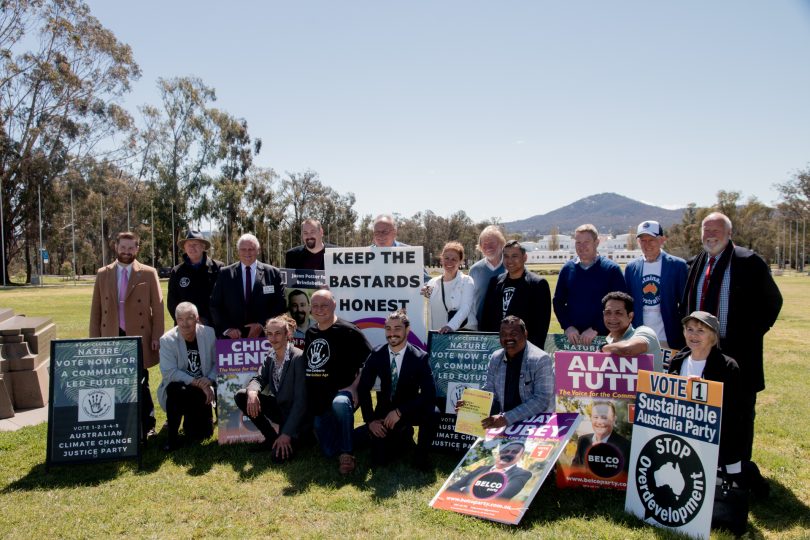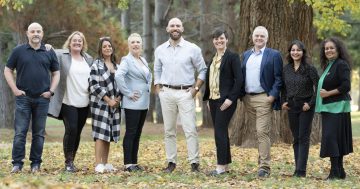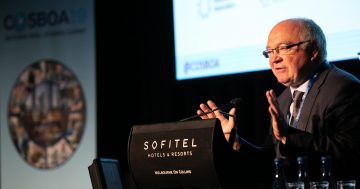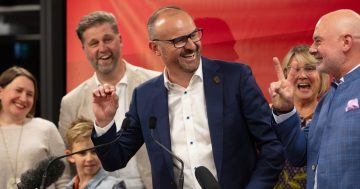
Minor parties in the ACT have banded together to promise free solar panels and batteries for all Canberrans. Photo: Dominic Giannini.
A group of four minor parties and three independents have banded together to promise every house, apartment and commercial building in Canberra $10,000 worth of solar panels, storage batteries and electric vehicle charging stations.
Electric car registrations will be cut in half and hybrid vehicle registration will also be reduced by 25 per cent under the four-year policy which, in total, is estimated to cost $500 million annually.
The Belco Party, The Climate Change Justice Party, Sustainable Australia, The Federation Party, and independents Fuxin Lee, Mignonne Cullen and Helen Cross have all agreed to force a coalition partner to adopt the deal.
The policy would save each household around $2,500 a year in electricity bills, amounting to $6 billion of economic benefits for households and nearly $15 billion in economic benefits for the economy over the next two decades, ACT Council of Minor Parties and Independents spokesperson John-Paul Romano said.
Funding would come from the current budget, which is estimated to be around $25 billion over the next four years, Climate Change Justice Party convenor and Kurrajong candidate Petar Johnson said.
“The government is for the people,” he said. “The model of user pays in government does not work.
“The people pay their rates to the government and the government is there to deliver the community benefits and the services to the people of Canberra.
“The idea of the government taking all your money and doing what they want and delivering very little services is a major point of contention in the ACT. Canberrans are absolutely gutted with the cost of their rates and the cost of living in Canberra.”
However, the policy is almost certainly dead on arrival with the entire scheme resting on minor parties holding the balance of power in the Assembly – something that has not happened since the first Stanhope Government.
Bar the Greens, minor parties have not held the balance of power since the 2004 election, in part because of the nature of Hare-Clark, although some minor candidates are predicting they have an 80 per cent chance of being elected this year.
Despite multi-candidate electorates, quotas mean that two seats each go to Labor and the Liberals, with one “swing seat” being available in each of the five electorates.
Shane Rattenbury’s strong standing in Kurrajong and the Liberals’ foothold in Brindabella means only three seats are likely to change hands – the Belconnen-based Ginninderra, the Gungahlin-based Yerrabi, and Molonglo Valley-based Murrumbidgee.
But parties like the populist Belco Party are trying to provide alternatives to voters tired of two decades of Labor Government, but seeing no viable alternative with the Liberals.
In a year where everything else has been shaken up, could the Legislative Assembly be next?
















